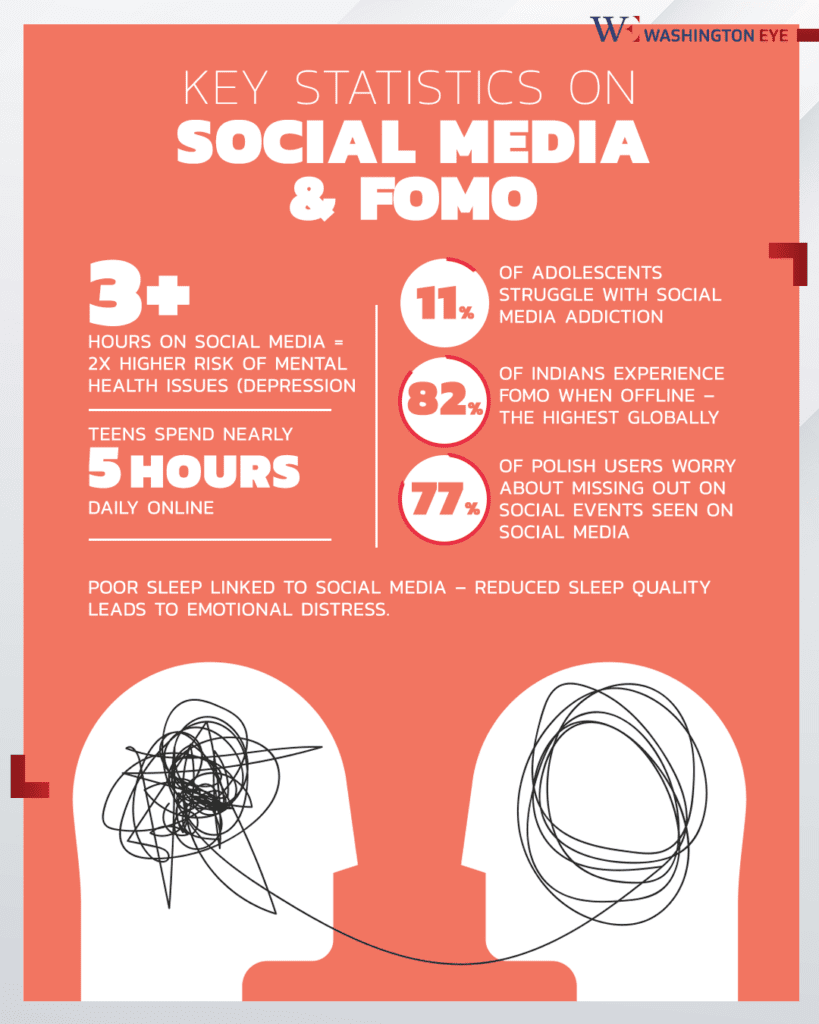In today’s digital age, the lines between our online personas and real-life experiences have become increasingly blurred. Social media platforms, with their curated snapshots of seemingly perfect lives, have given rise to a phenomenon known as the Fear of Missing Out, or FOMO.
This pervasive feeling of anxiety arises when individuals believe others are experiencing more enjoyable or fulfilling activities without them, leading to a host of psychological and behavioral consequences.
FOMO is not merely a buzzword; it’s a documented psychological phenomenon. Studies indicate that approximately 70% of people experience FOMO, with the prevalence particularly high among millennials. This fear is exacerbated by the constant exposure to others’ highlight reels on platforms like Instagram, Facebook, and TikTok, where users showcase the best moments of their lives, often omitting the mundane or challenging aspects.
Global Perspectives on FOMO
The impact of FOMO varies across different regions. In India, for instance, a staggering 82% of internet users admitted to experiencing FOMO when not connected to the internet, the highest percentage globally. Similarly, in Poland, 77% of internet users with high FOMO worried when they found out on social media that their friends were having fun without them. These statistics underscore the universal nature of FOMO, transcending cultural and geographical boundaries.
The relentless pursuit of staying connected and updated can have detrimental effects on mental health. Individuals experiencing FOMO are more likely to report feelings of anxiety, depression, and loneliness. The constant comparison to others’ seemingly perfect lives can lead to diminished self-esteem and a distorted perception of reality. Moreover, FOMO can drive impulsive behaviors, such as overspending to keep up with perceived lifestyle standards. A recent article highlighted how overconsumption, fueled by social media influencers and fast fashion trends, is straining young people’s finances and impacting their mental health.
Mitigating the Effects of FOMO
Taking regular breaks from social media can help individuals reconnect with the present moment and reduce anxiety. Being aware of the curated nature of online content can help mitigate feelings of inadequacy. Prioritizing in-person interactions and activities can provide genuine fulfillment that digital interactions often lack. Schools and communities can play a pivotal role in educating individuals about the realities of social media and promoting healthy usage habits.
While social media offers unparalleled opportunities for connection and information sharing, it’s essential to recognize its potential pitfalls. By fostering awareness and promoting balanced engagement, we can mitigate the adverse effects of FOMO and ensure that our digital lives enhance, rather than detract from, our real-world experiences.















